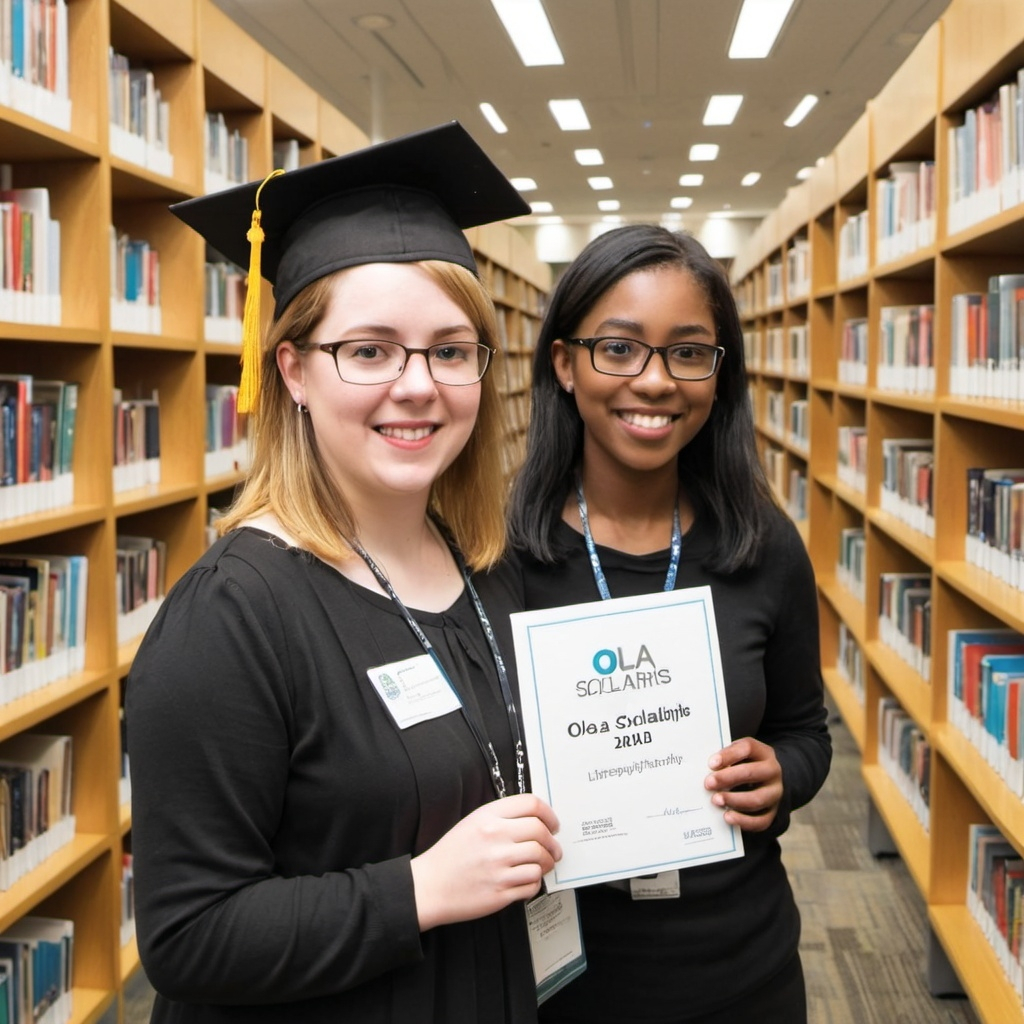The Role Of Scholarship Committees: What Are They Looking For?
Scholarship committees play a crucial role in the educational journey of many students by selecting recipients for financial awards that can significantly reduce the burden of tuition and related expenses. Understanding what these committees look for can greatly enhance an applicant’s chances of securing a scholarship. This article delves into the key criteria and considerations that scholarship committees typically prioritize.
Academic Excellence
Importance:
Academic performance is often a primary consideration for scholarship committees. High grades and standardized test scores indicate a student’s ability to succeed in a rigorous academic environment.
What Committees Look For:
– GPA and Class Rank: A high GPA and a top class rank can distinguish an applicant.
– Standardized Test Scores: Strong SAT, ACT, or other relevant test scores.
– Advanced Coursework: Enrollment in honors, Advanced Placement (AP), International Baccalaureate (IB), or other advanced courses.
Leadership and Extracurricular Involvement
Importance:
Scholarship committees seek well-rounded individuals who demonstrate leadership skills and active participation in extracurricular activities. These attributes suggest that the applicant can contribute positively to the campus community.
What Committees Look For:
– Leadership Roles: Positions such as student body president, club leader, or team captain.
– Community Service: Volunteering and participation in community projects.
– Extracurricular Activities: Involvement in sports, arts, debate, or other clubs and organizations.
Personal Statements and Essays
Importance:
Personal statements and essays provide insight into an applicant’s personality, goals, and values. They are a critical component of the application that allows the committee to understand the individual beyond grades and test scores.
What Committees Look For:
– Clarity and Articulation: Well-written and clear essays that effectively communicate the applicant’s message.
– Unique Perspectives: Personal stories that highlight unique experiences, challenges overcome, or distinctive viewpoints.
– Alignment with Scholarship Goals: Essays that reflect the mission and values of the scholarship program.
Letters of Recommendation
Importance:
Letters of recommendation offer third-party perspectives on the applicant’s abilities and character. They can provide evidence of the applicant’s achievements and potential.
What Committees Look For:
– Credibility of Recommenders: Letters from teachers, mentors, or employers who have a strong understanding of the applicant’s capabilities.
– Specific Examples: Detailed anecdotes and examples that illustrate the applicant’s skills and achievements.
– Personal Qualities: Attributes such as integrity, perseverance, and collaboration highlighted by the recommender.
Financial Need
Importance:
For need-based scholarships, the financial need of the applicant is a significant factor. Committees assess the economic circumstances of applicants to determine who would benefit most from financial assistance.
What Committees Look For:
– Financial Documents:Accurate and thorough financial information provided by the applicant’s family.
– Impact of Financial Need: Explanation of how financial support will make a difference in the applicant’s ability to pursue their education.
Career Goals and Aspirations
Importance:
Scholarship committees are interested in applicants with clear, focused career goals. They look for individuals who are likely to make significant contributions to their field of study and society.
What Committees Look For:
– Defined Career Path: A clear understanding of the applicant’s career objectives and how the scholarship will help achieve them.
– Long-Term Impact:.Potential for the applicant to make a meaningful impact in their chosen field or community.
Fit with Scholarship’s Mission
Importance:
Many scholarships are established with specific goals or values in mind. Committees look for applicants who align with the mission and purpose of the scholarship.
What Committees Look For:
– Mission Alignment: Demonstrated interest and involvement in areas related to the scholarship’s focus, such as community service, environmental sustainability, or innovation.
– Passion and Commitment: Genuine passion for the field of study or cause supported by the scholarship.
Scholarship committees have a multifaceted approach to selecting recipients, evaluating academic excellence, leadership, personal statements, recommendations, financial need, career goals, and alignment with the scholarship’s mission. Understanding these criteria can help applicants tailor their applications to meet the expectations of the committees, thereby enhancing their chances of receiving financial support for their education. By presenting a well-rounded and compelling application, students can showcase their strengths and potential to make a positive impact, aligning with the goals and values of the scholarship programs they are applying to.







